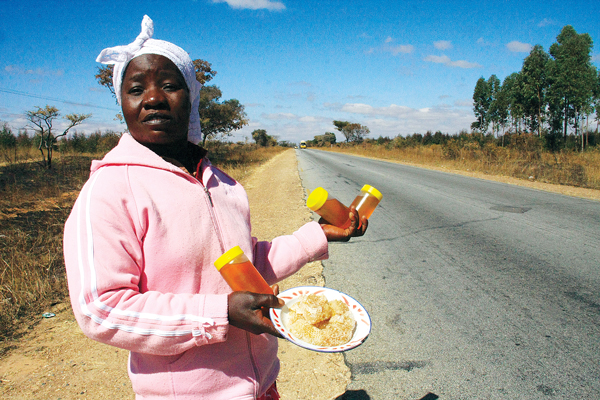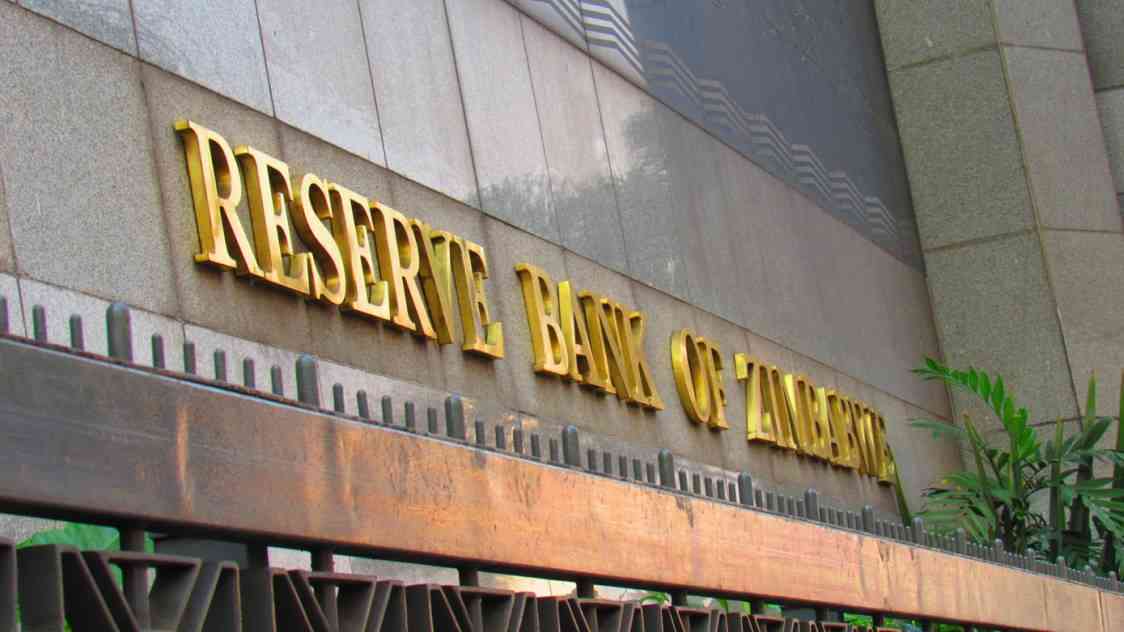
THE honey sector has begun commercialising production in the country, as Zimbabwe is missing out on exports of the “liquid gold”, whose global demand presents immense opportunities for beekeepers, a latest report by ZimTrade has said.
BY BUSINESS REPORTER

ZimTrade said the process will enable the gathering of information pertaining to the sector, which will allow evidence-based decision-making on the production and trade of honey.
In an update, ZimTrade said the information will include the location of apiaries, production capacity, disease monitoring and control.
“The main objective of the exercise is to register over 80% of apiaries in Zimbabwe by September 30,” the Veterinary Department’s Jairus Machakwa said.
According to the World Organisation for Animal Health, it is mandatory that a competent authority has “knowledge of, and authority over all domesticated apiaries existing in the country or zone/compartment and approval of breeding apiaries for export trade”.
ZimTrade said the registration of apiaries is an important step towards the commercialisation of the sector which, according to data, has seen the country recording no exports for the past five years.
“Without registration of our apiaries, it means that all the local honey in retail shops is actually illegal”, Beekeepers’ Association executive director, Mutandwa Chaipa said.
- Chamisa under fire over US$120K donation
- Mavhunga puts DeMbare into Chibuku quarterfinals
- Pension funds bet on Cabora Bassa oilfields
- Councils defy govt fire tender directive
Keep Reading
Zimbabwe is missing out on exports of the “liquid gold”, whose global demand presents immense opportunities for beekeepers. The global natural honey industry was worth $2 billion in 2016, with the European Union being the biggest importer, spending about $970 million on some 322 374 tonnes of the product data showed.
ZimTrade said for natural honey to gain access to the EU market, the producing country has to be on the approved list (third country list) and fulfil certain requirements such as quality, packaging, traceability, health and safety.
Zimbabwe is not on the list of approved suppliers of honey to the EU and the national registration of apiaries, therefore, provides a competitive advantage and base for lobbying to be on the third country list of exporters.











